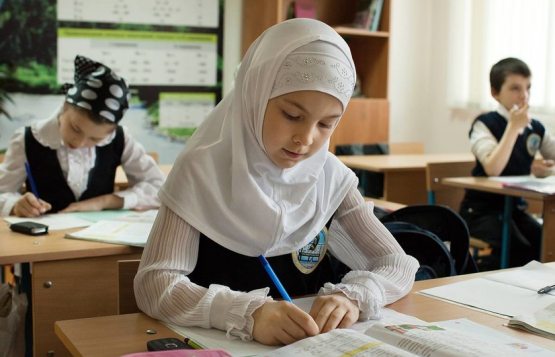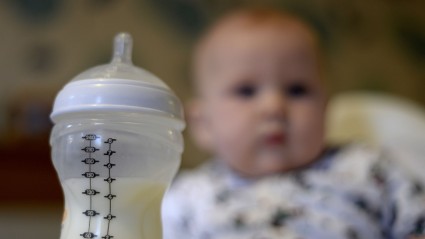The Legislative Chamber in the first reading passed the draft new version of the Freedom of Conscience And Religious Organizations Law, announced the MP Rasul Kusherbayev.
According to him, ban on wearing hijab and other religious clothes in public places could be lifted. According to Article 184-1 of the Code of Administrative Liability (May 1998), the appearance of citizens (with the exception of servicemen of religious organizations) in public places in religious clothes entails a fine from 5 to 10 basic calculation units BCU вАЛвАЛor administrative arrest up to 15 days.
Also the Bill, among other things, provides for:
- the right of everyone to get vocational education in religious educational institutions; and the right of parents or guardians to teach their children the basics of religious practice and ethics of behavior (education at home). At the same time, the initial draft of the document, published for public input, provided for the teaching of religious doctrine in private, with the exception of the teaching of their children by parents or persons replacing them;
- exemption from payment of state duty when religious organizations apply to court regarding actions or omissions by officials;
- cancellation of the participation of the mahalla in the registration process of a religious organization;
- reducing the number of persons required to register a local religious organization from 100 to 50;
- the abolition of the requirement to prevent the appearance of citizens in public places in religious clothing.
The bill must go through two more readings, after which it will be sent to the Senate for approval.
Justice Minister Ruslanbek Davletov commented on the issue of wearing "cult robes" (religious clothing) in public places on July 25, 2018, during a speech at the National Press Club in Washington (USA).
“We continue to uphold a ban on walking with a completely covered face in public places. This is in line with European experience. For security reasons, people should not be covering their faces completely, ” he explained.
At the same time, the head of the Ministry of Justice admitted that there was a problem with the definition of the concept of "religious dress", which the judges interpreted in different ways, "as a result, even in ordinary situations, people were brought to justice."















